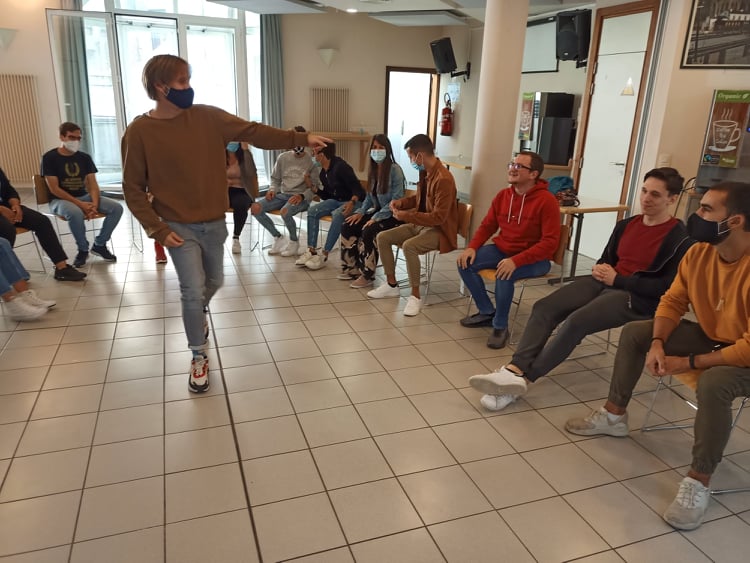Objectives
European societies have never been static, and transformation continues in all member states. In the last years, political and economic upheavals and war have spurred migrations to and within Europe. The churning of European populations and influx of migrants have rendered some indigenous peoples’ minorities and created societies that are rich in ethnic, linguistic, and cultural diversity. However, people from minority groups tend to be poorer and to have less power, less influence and less access to remedies to tackle their problems than those from the majority population. Minorities struggle to realize all types of human rights, whether civil and political, economic, social or cultural, whether as individuals or as groups. Entrenched discrimination on ethnic or religious grounds is also a common precursor to conflict.
Additionally, the negative political populism is also growing. In such political polarization, young people especially those with minority backgrounds are the most vulnerable. These appearances make even more complicated the social-political inclusion of the youth minorities. The latest finding of Fundamental Rights Report (FRA, 2019) are reflecting on the widespread socio-economic disadvantages of these groups of young people. Following, minority youth face a high degree of vulnerability that places them at greater risk for negative outcomes.
Thus, there is a need to enhance human rights education in the society to prevent unequal treatment of young people and to get opportunity of minority young people for future and better inclusion in the society. Effective human rights education not only provides knowledge about human rights and the mechanisms that protect them, but also develops the skills needed to promote, defend and apply human rights in daily life.
Having all this in mind, the main aim of “Everyone is born with RIGHTS (EBWR)” project was to develop youth workers knowledge and skills in key concepts of human rights education with minority young people.
Implementation
EBWR project was based on fostering quality improvements in youth work promoting tolerance and respect of human rights of youth minority groups. EBWR involved 28 participants, with no age limits, active in youth work field and with previous competences. The training course last 8 days, including travel days.
All the activities realized in the training came from the non-formal education field, in which learning comes by doing and by experiencing. This means that participants got involved in the activities in order to explore themselves and their possibilities on the given subject, to practice with real situations and to gain diverse experience. At the end of the training, all the acquired knowledge and methods were transfer by them inside their organisations and local community.
Results
Through the specific knowledge, skills and attitudes related to human rights acquired, participants are now able:
-To understand what youth minorities are and to identify issues and problems relating to the realization of human rights of youth minority, and strengthens the ability to contribute to the resolution of the discrimination that they face, through promoting equality, tolerance and youth advocacy.
-To recognize the gap of rights between non-minority youth and youth minority in local and European contexts, with attention to issues of discrimination.
-To analyze a situation from a youth minority perspective, apply knowledge to new cases of abuse of youth minority rights in their community.
-To produce advocacy tools and curricular resources to be used in formal or non-formal educational contexts to address human rights violations of youth minority.
-To promote and implement youth minority human rights programme in their local community.
-To know more about the role of human rights in contemporary issues such as youth extremism and radicalization.
-To have knowledge of infringements of youth minority human rights through the knowledge of the main declarations such as, UDHR and ECHR.
-To work in conjunction with other youth workers of other countries in expanding knowledge about human rights as well as promoting respect for the values they embody and symbolize.

